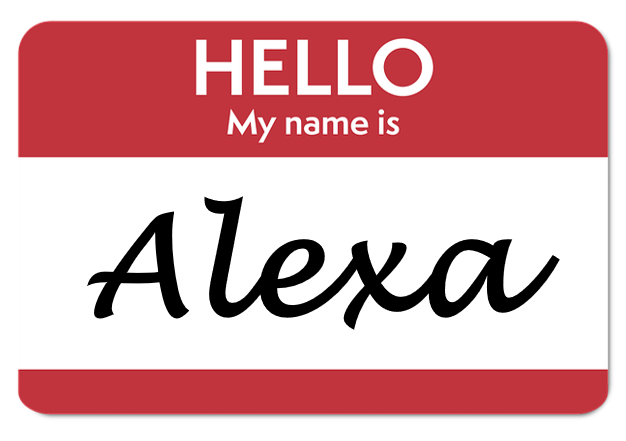 Back in the ’80s, one of my first consulting clients was XL102 in Richmond, Virginia. It was a well-programmed, highly rated rock station with a key problem:
Back in the ’80s, one of my first consulting clients was XL102 in Richmond, Virginia. It was a well-programmed, highly rated rock station with a key problem:
It easily won the sales-unfriendly “black T-shirt” image. Due to a Spandex-meets-metal phase the station went through, advertisers – in particular – held negative perceptions about the station. And they were hard to shake. As my friend Pierre Bouvard will be happy to remind you:
“Perceptions are like glaciers – slow to form and slow to melt.”
The decision was made to rebrand the station with its frequency and call letters – “102 WRXL.” And an extensive marketing campaign ensued featuring the new brand, as well as relentless on-air reinforcement.
And two years down the road, we conducted focus groups. We quickly learned every single respondent referred to us as “XL102” or just “XL.” Not a single person used the frequency or call letters despite their incessant repetition on and off the air.
Needless to say, we switched back to the name our audience was comfortable with.
Brands that are flexible and let the audience help guide their branding can benefit from unique, colloquial referral.
Federal Express flipped its name to FedEx because it became the verb the business world adopted when referring to overnight mail.
Kentucky Fried Chicken shortened its handle to KFC, while McDonald’s has embraced Mickey D’s.
And now Amazon appears to be responding to how its millions of customers refer to their smart speakers. Few call it Echo.
Most call it “Alexa.”
 And in fact, that wildly popular female name could become the way people refer to smart speakers of all brands – like Kleenex or Band-Aids.
And in fact, that wildly popular female name could become the way people refer to smart speakers of all brands – like Kleenex or Band-Aids.
Radio need to stay in touch with the way fans refer to stations, especially in diary markets where an accurate slogan file was always of utmost importance. But even in PPM measured metros, stations need to know whether fans use the frequency, call letters, a slogan, or a nickname like KQ or The Arch.
But beyond Nielsen, it’s somewhat ironic the aforementioned Amazon Alexa name swap has resonance for radio stations trying to claim its keyword or invocation on the device.
Our Alexa skills company – SonicAi – is in the thick of this issue, working with stations to essentially claim their names. A recent article by the development company, Spoken Layer, discussed this gnarly issue in Medium. The need to get going on Amazon’s Alexa platform has never been more urgent. As they conclude, “On Alexa-powered devices, building an experience (a skill) is the only way to claim your keywords and app names.”
When a station embraces its unique inner nickname – The RIFF, K-FOG, KS95 – it can jump ahead of the pack of brands known as Kiss, Eagle, Mix, or Hot. None of this may matter much in PPM, but it’s become paramount in the voice command culture of Alexa.
What’s in a name? Better put, what’s in a nickname?
As Amazon has demonstrated, it’s everything.
For information on building skills and software on smart speaker platforms like Alexa, email Bob here.
- The Guy In The Next Car - May 6, 2025
- 5 Lessons For Radio From The Apple Watch - May 5, 2025
- DJs And Baristas: Can They Save Their Companies? - May 2, 2025




Spot on, Fred.
Many thanks, Chris.
I ran into a similar situation in the 80’s in Worcester. WFTQ at 1440 AM had been a Top 40 called 14Q. The company decided to “adultify” the station to get better demo numbers and turned it into an oldies-based AC with the name “14/WFTQ.” The transformation was very successful and the station hit #1 2-54 despite a new FM competitor in the AC format. There were 14/WTFQ bumper stickers all over town.We had a promotion vehicle completely covered with 14/WTFQ stickers that was constantly seen around town. And what happened in focus groups? The same thing that happened to WRXL. Absolitely everyone still called the station 14Q. They were used to it, had no problem with it, people like nicknames, and it’s 3 syllables instead of 8. Plus you don’t have to try and pronounce W.
It’s all about embracing your “inner nickname!” Thanks for the story, Dan.